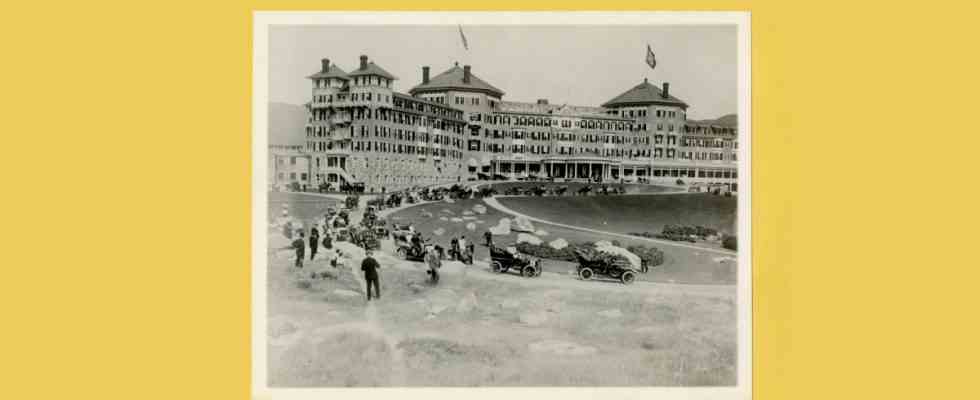From
Claus Hulverscheidt, Nikolaus Piper and Markus Zydra
If you were to remember just one date that has shaped the fortunes of the world economy like no other since the end of the Second World War, then it would perhaps be March 12, 1973. On this day, the Bretton Woods economic order devised in 1944 collapsed after a long period of decline together. In other words, the system of fixed exchange rates that, after the catastrophe of the war, had bound the western nations together for almost three decades, but also chained them together. Put very simply, one could say: From this Sunday, exactly 50 years ago, the idea of a state-controlled market economy was gradually replaced by the model of a largely unbridled financial capitalism. Today we know that this has just as many weak points as the previous concept – at least, because the end of Bretton Woods marked the beginning of the great stock market turbulence. The keywords are: oil, Asia, dotcom, financial and, most recently, supply chain crises.

